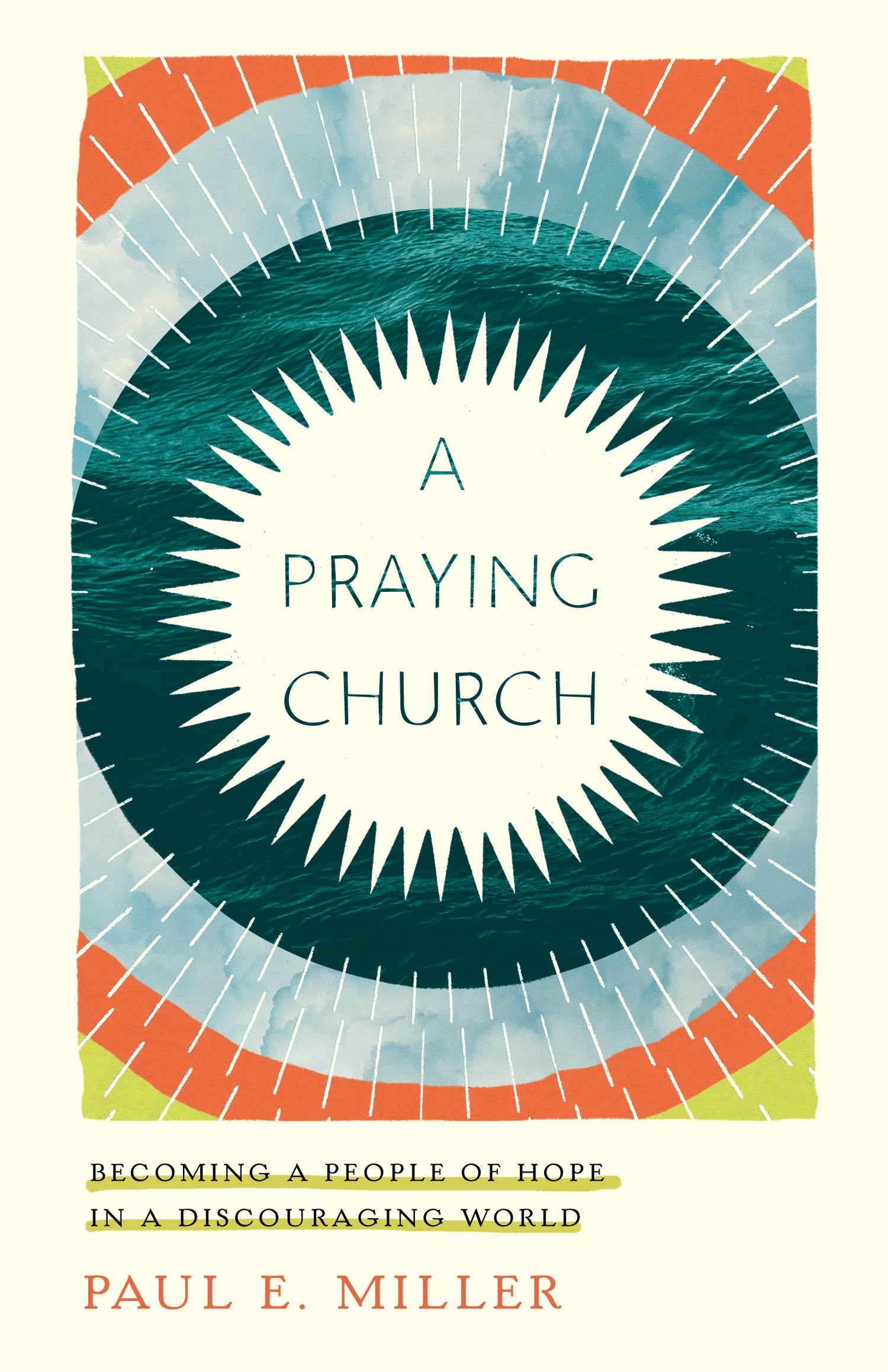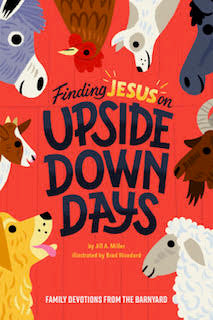Picture yourself at church, engaged in a spirited discussion about Jesus' life. Where did that discussion happen? If you are like most of us, you probably pictured yourself pulling up a tiny chair at a tiny table. Why? Because in most churches, lower elementary Sunday school is the only place where Jesus is systematically studied.
Of course, the church loves and worships Jesus and studies the Gospels. Jesus is the glowing center of our faith. But in her ongoing quest to plumb the depths of justification, the church has, inadvertently, become more enamored with what Jesus has done than who he is. Yet the two truths are inseparable!
What I mean is there is virtually no systematic study and analysis of the person of Jesus. Hundreds of thousands of scholarly articles and books have been written on the work of Christ, but virtually nothing systematic and comprehensive on his person.1
We’ve studied how to fix the bad (redemption and salvation), but we’ve not studied this beautiful thing we are supposed to all become: Jesus.
I’m describing a hole in our systematic theology. Our doctrine of the person is almost vacant. A typical seminary class on the person of Christ studies the early creeds, which help us understand the relationship between his divinity and his humanity, but little study is focused on him as a person. We’ve studied how to fix the bad (redemption and salvation), but we’ve not studied this beautiful thing we are supposed to all become: Jesus. So we don’t have a clear sense of what it is to be human.
This leaves us with a weak doctrine of humanity and no framework for understanding love. We don’t know the answer to basic questions like, what does good sadness look like? How does Jesus handle grief? When does he say no? When does he say yes? Or what makes him angry? We don’t know Jesus’ compassion, his honesty, his dependence, or his faith. We aren’t gripped by the beauty and wonder of Christ. But we will be when we see him.
Secular-liberalism is crushing Christianity with a vision of what it is to be human. In the popular mind, Secular-liberalism feels inclusive, compassionate and relevant, while Christianity feels judgmental, narrow, and old fashioned. The result? We are losing an entire generation of our youth to Secular-liberalism.
Secular-liberalism is crushing Christianity with a vision of what it is to be human.
But where does the world get its vision of compassion? Jesus. In my gym, a big poster on the wall announces we are in a “judgment free zone”. It’s a paraphrase from Jesus’ Sermon on the Mount, “Judge not” (Matt. 7:1).
Discovering—or rediscovering—the missing person of Jesus is one of the great passions of my life and work.
Author: Paul Miller
1 The only extensive studies of the person of Jesus by conservative scholars are Alfred Edersheim’s Life and Times of Jesus the Messiah, B. B. Warfield’s, The Emotional Life of Our Lord, and my own studies (Love Walked Among Us, The Love Course, The Person of Jesus Study). Albert Schweitzer, the great German scholar, deconstructed the 19th century liberal analysis of Jesus in his famous book The Quest of the Historical Jesus, showing that all these studies were mere reflections of the worldview of the scholar. Jesus became what they were. Machen points this out as well in Christianity and Liberalism. There are evangelical analyses of Jesus, but they tend to be speculative, not rooted in the text.








